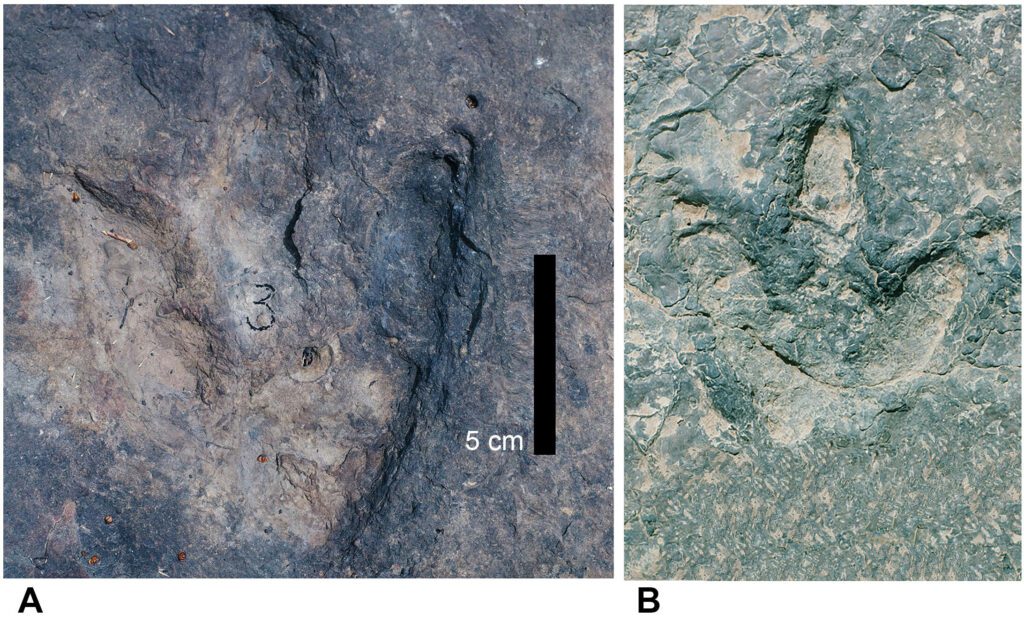Introduction
Cameroon is Central Africa’s largest and most diverse market. Strategically positioned in the Gulf of Guinea, it connects West and Central African markets. The country’s official languages are English and French, making it a unique hub for trade within Africa.
Why Businesses Should Export to Cameroon
As the most resilient economy in Central Africa and the largest within the Economic and Monetary Union of Central Africa, Cameroon boasts a rich subsoil and a diverse commodity export profile, including cocoa, coffee, bananas, and cotton. The country is pushing for local manufacturing to boost economic growth. With a stable macroeconomic environment, Cameroon drives regional development. The workforce is highly educated, and the government is committed to an ambitious growth agenda, aiming to become an industrial economy by 2035. Cameroon’s historical ties to the UK and the Commonwealth further ease business relations, as many business elites speak English, and the country shares similarities with UK legal and education systems.
High Potential Industries for Businesses
Energy Sector:
Cameroon, with the second-largest hydro potential in Africa, is focused on closing its energy deficit to boost industrial activity and alleviate poverty. The government supports various renewable energy projects, with opportunities for UK companies in production and distribution. The British High Commission maintains strong ties with sector stakeholders.
Infrastructure Sector:
Quality infrastructure is vital for Cameroon’s economic growth. The government invests in ports, rail, roads, and telecommunications but seeks foreign partnerships to meet development needs. There is a growing interest in public-private partnerships (PPPs) to leverage private sector expertise.
Mining Sector:
Cameroon offers vast mining opportunities, with significant deposits of cobalt, nickel, gold, and bauxite. The government encourages industrial-scale operations and has a comprehensive mining code, remaining open to stakeholder engagement for potential reforms.
Agriculture Sector:
As the backbone of Cameroon’s economy, agriculture ranges from industrial plantations to subsistence farming. The country is a major cocoa producer, and UK demand for Cameroonian bananas highlights its potential in fruit and vegetable exports. The government promotes local transformation and agri-tech to enhance productivity.
Oil and Gas Sector:
Cameroon has a long history of oil production, with substantial reserves. The government prioritizes natural gas production for domestic energy and LNG projects, with a need for more local refining capacity following a refinery incident in 2019.
Tax and Customs
Cameroon’s fiscal year runs from January 1 to December 31. The tax system is governed by the General Tax Code, overseen by the Ministry of Finance. VAT is 19.25%, including council tax, while corporate tax is 38.5%. Customs regulations follow sub-regional guidelines set by CEMAC.
Protecting Your Business
Cameroon, known as “Africa in Miniature,” presents vast opportunities but requires careful navigation. Businesses should seek legal counsel to address challenges. Business operations are governed by the OHADA Treaty, with intellectual property rights protected by OAPI, based in Yaoundé.
Payment Terms
Cameroon’s economy is primarily cash-based, with commercial transactions relying on cash payments, bank deposits, and transfers. The Central Bank, overseeing the CEMAC region, regulates foreign currency payments. A few commercial banks dominate the financial sector.
Investment Incentives
The Investment Promotion Agency offers incentives to attract new investments, including tax exemptions and profit repatriation. The Investment Charter outlines various benefits for investors.
Political Context
Unrest in Cameroon’s English-speaking regions has affected the economy since 2016, while other parts of the country remain stable. President Paul Biya, in power since 1982, was re-elected in 2018. Legislative and Municipal elections are expected in 2020. For more information, refer to the travel advice for Cameroon.





